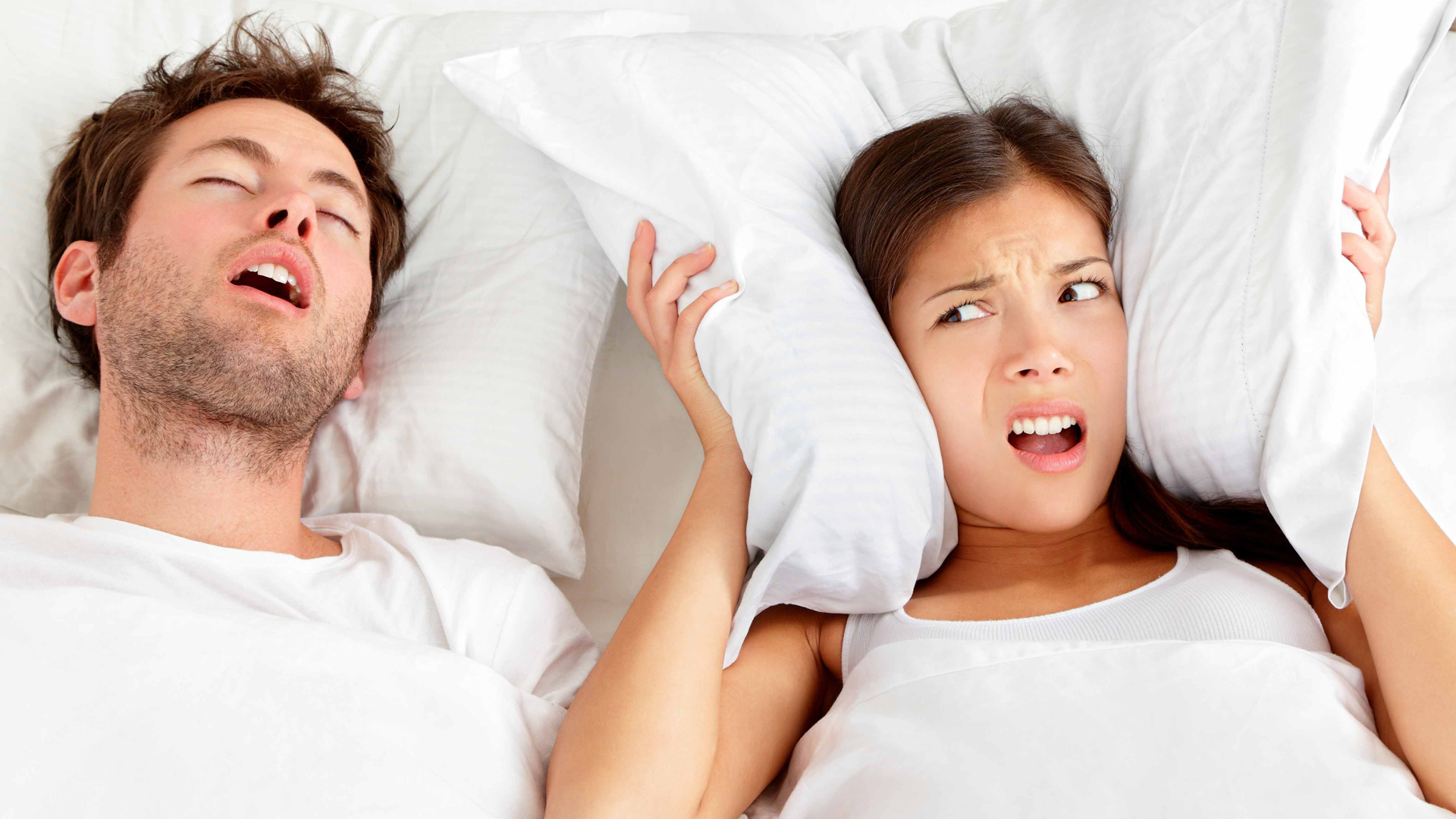Sleep Apnoea
Sleep apnoea is a common disorder whereby individuals have one or more pauses of breath or shallow breaths while asleep. These pauses can last for a few seconds to minutes, and may occur up to 30 times an hour, before normal breathing starts again. Sleep apnoea is a chronic condition that disrupts your sleep, as pauses in breath or shallow breathing may cause you to move out of a deep sleep into light sleep. This affects the quality of your sleep and makes you feel tired throughout the day. Sleep apnoea is the leading cause of excessive daytime sleepiness.
Through a candid conversation, in conjunction with an examination of the patient’s recent pains and discomforts, we are able to detect the less evident symptoms of sleep apnoea in our patients.. The main types of sleep apnoea are:
Obstructive sleep apnoea - the more common form that occurs when throat muscles relax.
Central sleep apnoea - which occurs when your brain doesn't send proper signals to the muscles that control breathing.
Complex sleep apnoea syndrome - also known as treatment-emergent central sleep apnoea, occurs when someone has both obstructive sleep apnoea and central sleep apnoea.
Sleep apnoea can affect anyone at any age. However, there are certain factors that increases the risk of sleep apnoea. These factors include:
- Excess weight. People who are obese have four times the risk of sleep apnoea that people who are a normal weight people do
- A narrowed airway. You may have inherited a naturally narrow throat.
- Being male. Men are twice as likely to have sleep apnoea.
- Neck circumference. People with thicker necks may have narrower airways.
- Being older. Sleep apnoea occurs significantly more often in older adults.
- Use of alcohol, sedatives or tranquilizers. These substances relax the muscles in your throat.
- Family history. If you have family members with sleep apnoea, you may be at an increased risk.
- Smokers are three times more likely to have obstructive sleep apnoea than are people who've never smoked.
- Nasal congestion. If you have difficulty breathing through your nose you're more likely to develop obstructive sleep apnoea.
The more evident symptoms of sleep apnoea includes:
- Lethargy
- Morning Headaches
- A dry mouth (typically caused by open mouth breathing during sleep)


